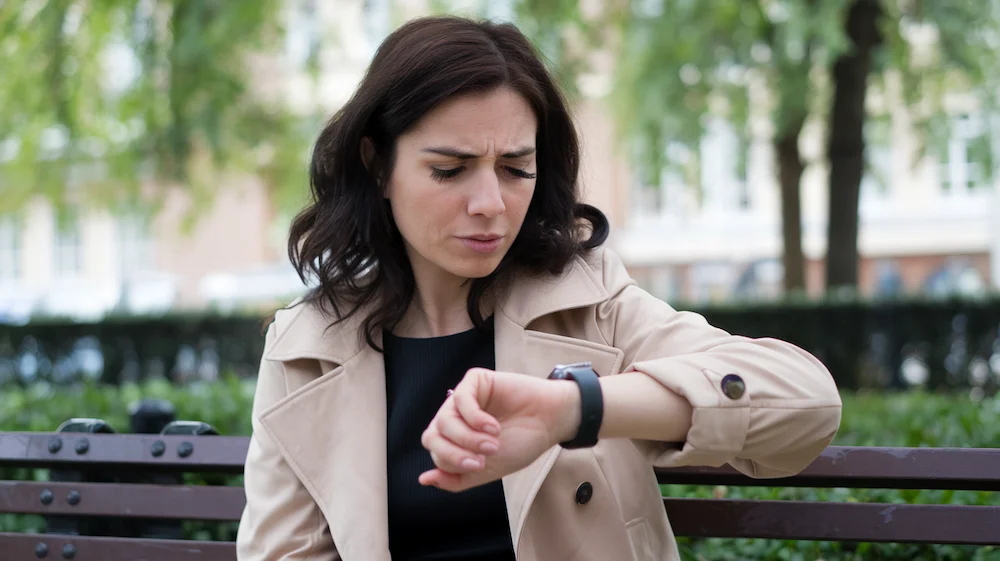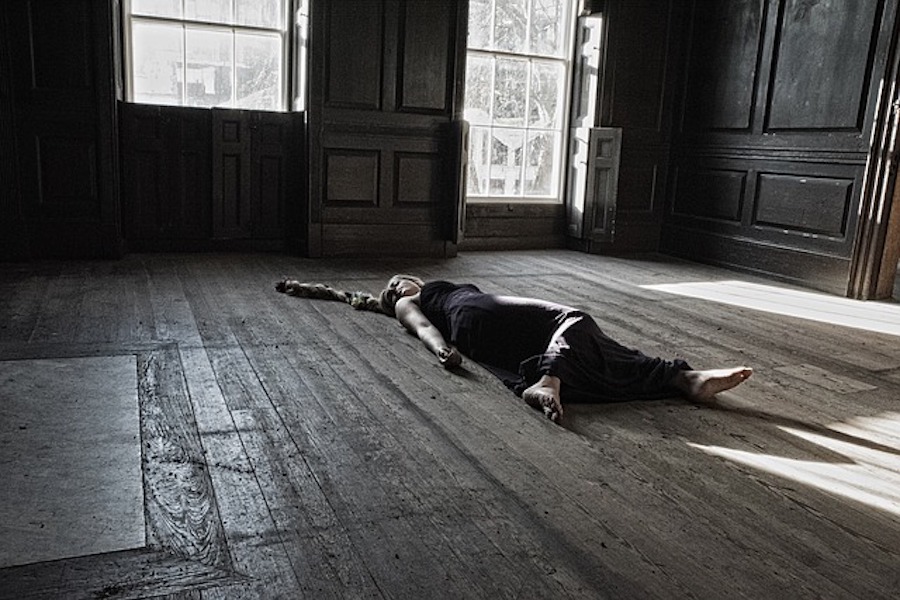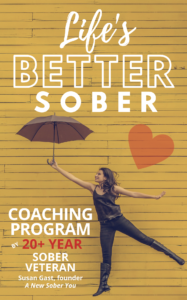Alcohol Addiction: Private Help or Public Help?
If you have an alcohol addiction, is it best to get private help or public help? Choosing the right path to recovery depends on who you are and what truly works for you. Some people thrive in structured group settings, finding comfort in shared experiences. Others prefer to tackle their struggles privately, away from public scrutiny. The key is understanding what suits your personality, lifestyle, and recovery needs.
What is Alcohol Addiction?
Alcohol addiction, also known as Alcohol Use Disorder (AUD), is more than just drinking too much. It’s a chronic brain disorder that causes a person to drink compulsively, lose control over alcohol intake, and experience distress when not drinking. The National Institute on Alcohol Abuse and Alcoholism (NIAAA) defines AUD as “an impaired ability to stop or control alcohol use despite adverse social, occupational, or health consequences.” Some people can cut back on their own, but for others, professional help is necessary.
So what type of help is best? That depends on who you are.
Public Help: AA Meetings & Support Groups
If you’re outgoing by nature, you may find Alcoholics Anonymous (AA) meetings beneficial. Many people struggling with alcohol addiction find that AA meetings provide community, accountability, and healing in a shared space. The structured approach, including the 12-step program, offers a clear pathway to sobriety.
But AA isn’t for everyone. If the idea of standing up in a room full of people and sharing your struggles makes you uncomfortable, other public resources are available. SMART Recovery offers a science-based, self-empowerment approach to addiction. Women for Sobriety provides support specifically for women, while Secular Organizations for Sobriety (SOS) offers non-religious recovery options.
No matter which public help option you choose, the goal remains the same: to quit drinking and build a healthier future.
Private Help: Online Therapy, Apps & Rehab Centers
Some people prefer a more private approach to overcoming alcohol addiction. If you’re concerned about anonymity or don’t want friends, family, or coworkers to know, private help might be the way to go.
There are many options for private alcohol addiction recovery:
- Online Therapy & Counseling: Platforms like BetterHelp, Monument, and Ria Health offer one-on-one counseling with licensed professionals. This is ideal for those who need professional guidance but prefer to avoid in-person meetings.
- Rehab Centers & Detox Programs: If your alcohol addiction is severe, an inpatient rehab program can provide medical supervision and structured support. Outpatient programs also exist for those who need flexibility.
- Sober Living Apps: Apps like I Am Sober, Sober Grid, and Reframe help track sobriety, set goals, and connect with a supportive online community.
One option that wasn’t available 20 years ago is A New Sober You, an online accountability system designed to help individuals stay sober one day at a time. Unlike traditional meetings, this program allows you to commit to sobriety privately while still feeling supported.
No matter how you choose to get help, privacy should never be an excuse to avoid seeking treatment. The goal is to find a method that works for you and commit to it fully.
How Long Does It Take to Overcome Alcohol Addiction?

My mother always said, “It takes a month to make or break a habit.” But science tells us otherwise. Research from University College London suggests that it takes an average of 66 days to replace an old habit with a new one. This means that for real, lasting change, you have to commit to your sobriety for at least two months before it becomes second nature.
That’s where programs like Life’s Better Sober come in. The idea is simple: Show up sober every day and read your Life’s Better Sober eBook for 66 days. Each daily reading serves as a reminder and reinforcement of your commitment. The structured process keeps you accountable, much like filling in a journal. When you miss a day, it matters.
Habit formation isn’t just about stopping drinking—it’s about replacing alcohol with better coping mechanisms. The longer you commit, the stronger your new habits become.
Alcohol Withdrawal: What You Need to Know
If you’re quitting alcohol, be aware of withdrawal symptoms. Some are mild, but others can be life-threatening.
- Mild symptoms: Anxiety, nausea, headaches, irritability
- Severe symptoms: Seizures, hallucinations, confusion, dangerously high blood pressure
Quitting cold turkey can be dangerous, especially if you have been drinking heavily for a long time. Medical detox programs exist to help individuals withdraw safely with medical supervision. If you experience severe withdrawal symptoms, seek medical help immediately.
🛑 IMPORTANT: If you’re unsure whether you can quit alcohol safely on your own, consult a doctor before stopping.
What Happens After 66 Days?
So you’ve completed 66 days. What now? Many people assume they’re “cured” once they reach this milestone, but staying sober is a lifelong journey. Here’s how to maintain progress:
- Keep a daily journal to track emotions and triggers.
- Stay connected to a support system. If AA, SMART Recovery, or online groups work for you, stick with them.
- Set new personal growth goals. Sobriety isn’t just about quitting alcohol—it’s about rebuilding a life you love.
Recovery doesn’t have a finish line. It’s an ongoing commitment, and every day sober is a win.
Am I An Alcoholic? Read This Post
If you’re wondering whether you have an alcohol addiction, this self-assessment post can help. Knowing the truth is the first step toward recovery and action. The sooner you identify a problem, the sooner you can start turning your life around.
Sources
- National Institute on Alcohol Abuse and Alcoholism (NIAAA). “Alcohol Use Disorder: A Comparison Between DSM-IV and DSM-5.” (2021). https://www.niaaa.nih.gov
- World Health Organization (WHO). “Global Status Report on Alcohol and Health.” (2018). https://www.who.int/publications/i/item/9789241565639
- Centers for Disease Control and Prevention (CDC). “Excessive Alcohol Use and Risks to Health.” (2022). https://www.cdc.gov/alcohol/about-alcohol-use/index.html
- University College London. “How Long Does It Take to Form a Habit?” (2009). https://www.ucl.ac.uk/news/2009/aug/how-long-does-it-take-form-habit



Thank you, Susan Gast, for this insightful article. I was particularly interested in the section about private help options. Could you elaborate on how online therapy and apps might differ in their approach to dealing with AUD compared to traditional rehab centers? I’m exploring options for a family member and privacy is a big concern for us.
Hey MaggieS, not Susan, but I’ve tried both online therapy and a short stint in rehab. Online therapy gives you a lot of flexibility and it’s super private, which I loved. Rehab centers, though, have this intensive community aspect that really pushed me. Both have their perks depending on what you need.
hey susan gast, really appreciated the part about the 66 days to change a habit. always thought it was like a month thing, but this makes so much sense. gotta say, it’s a game changer for anyone trying to break free from habits, not just alcohol. cheers for the insight!
MaxTuner345, absolutely agree with you. Understanding the time it really takes can set more realistic expectations and reduce frustration in the journey!
but does this 66-day rule apply to everyone? I mean, everyone’s different, right?
66 days sounds a bit too precise for me. everyone’s journey is different, right? some might take longer, and some might never truly feel ‘over’ their addiction. it’s a bit misleading to throw a one-size-fits-all number out there. what happens when someone hits 66 days and still struggles?
I found the section on private help options like online therapy and apps particularly interesting. For someone who values their privacy, could you recommend which apps or online platforms are most effective for tackling alcohol addiction?
I’ve been considering AA meetings for a while but wasn’t sure if it’d be the right fit for me. After reading this, I feel more encouraged to give it a try. Thanks for sharing the info, Susan Gast. It’s good to know there’s a community out there.
66 days to break a habit, huh? Seems a bit optimistic considering the complexity of addiction. Wondering if there’s data to support this or if it’s more of a generalized statement. Anyone got insights on this?
Actually, the 66-day figure is backed by research from University College London. It’s a median figure which means for some it might take longer. Addiction is indeed complex and varies widely.
But does that mean you’re completely over it after 66 days? Or is it just the start?
great article susan, really puts things into perspective. quitting is tough, but it’s cool to see there’s lots of options out there. gotta keep pushing forward.